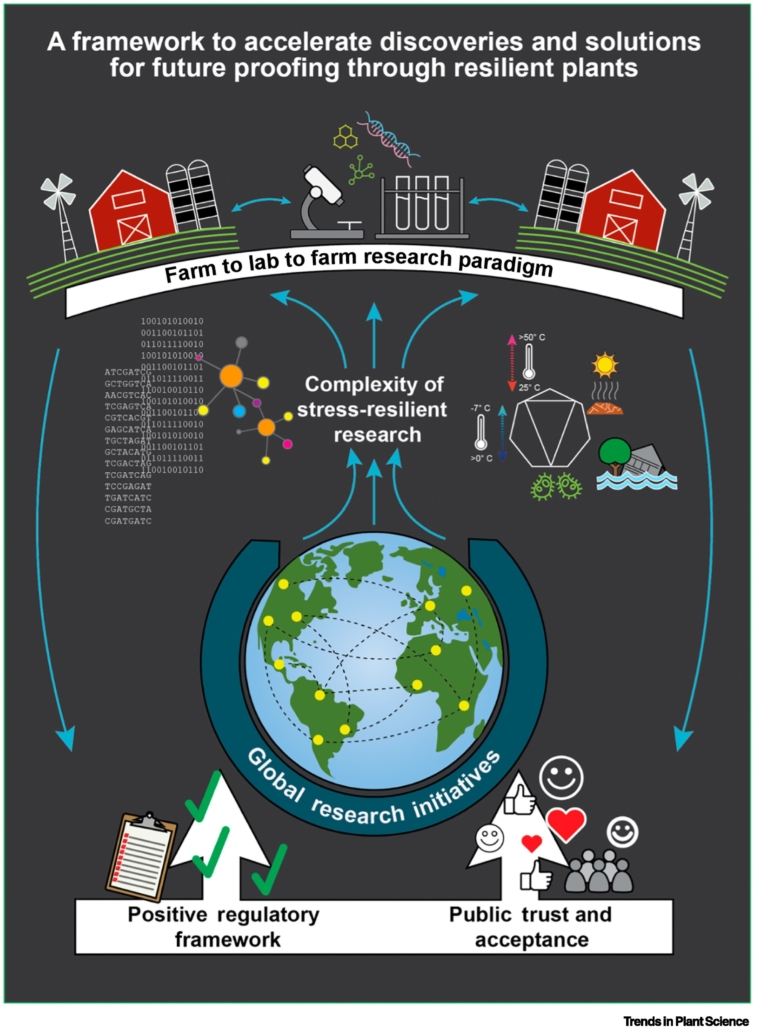
Opinion: Resilient plants for a sustainable future
Plant Science Research WeeklyAnthropogenic climate change has introduced tremendous uncertainty about the future of all life on Earth. As primary producers, threats to plants are transduced up the food chain to their consumers, including people, which is why there is a great need to develop resilient plants that are able to sustain…
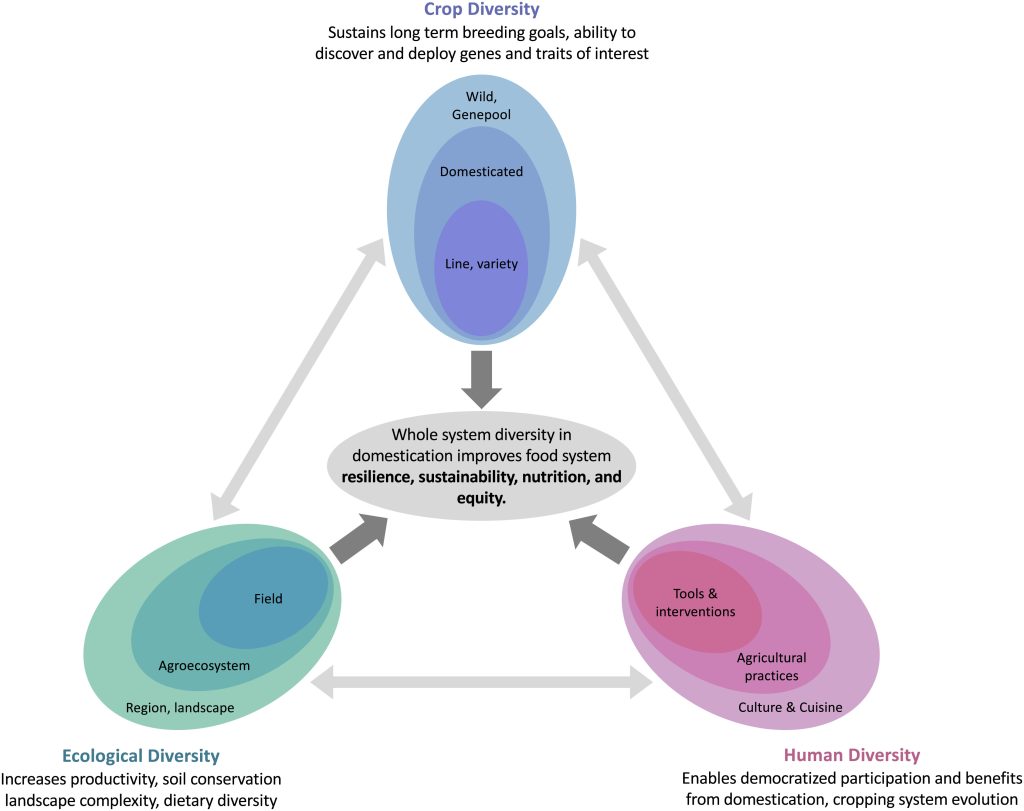
Special feature: Harnessing crop diversity
Plant Science Research WeeklyDon’t miss this excellent set of articles on the topic of crop diversity, organized by Susan McCouch, Loren Rieseberg, with Pamela Ronald. It includes five perspectives and six research articles, on topics such as breeding technologies and international policies. As the editors observe, having a very…
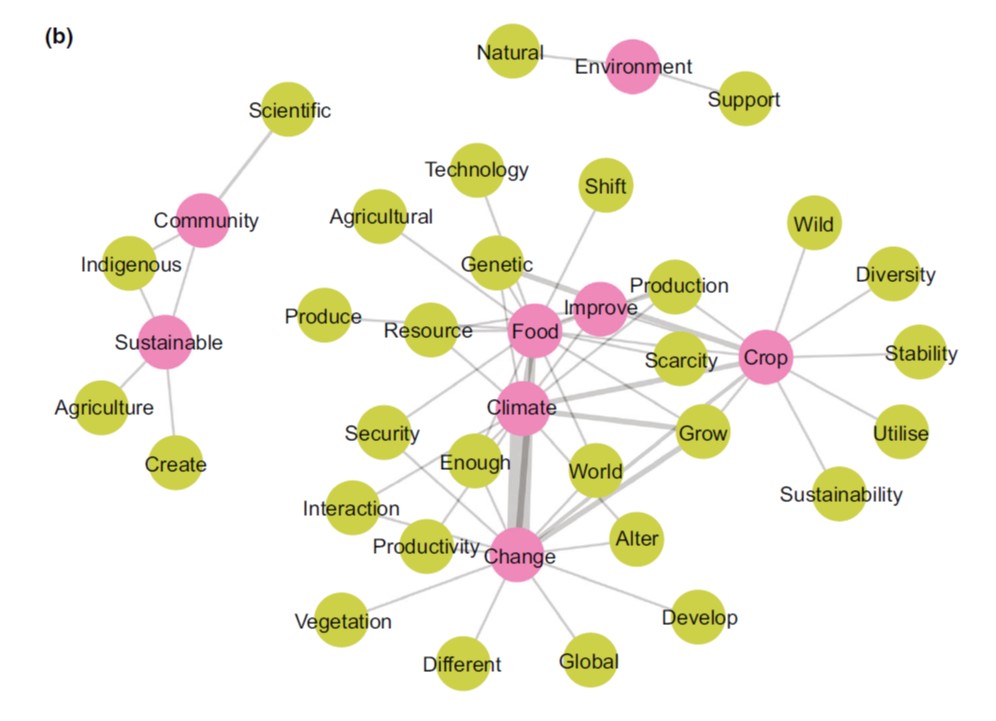
One hundred important questions facing plant science: An international perspective
Plant Science Research WeeklyIn 2011, a group of scientists published an article called “One hundred important questions facing plant scientists”. Now, Armstrong et al. have provided an updated version of this, with an additional effort to draw on contributions from the global community, including non-specialists, to identify…
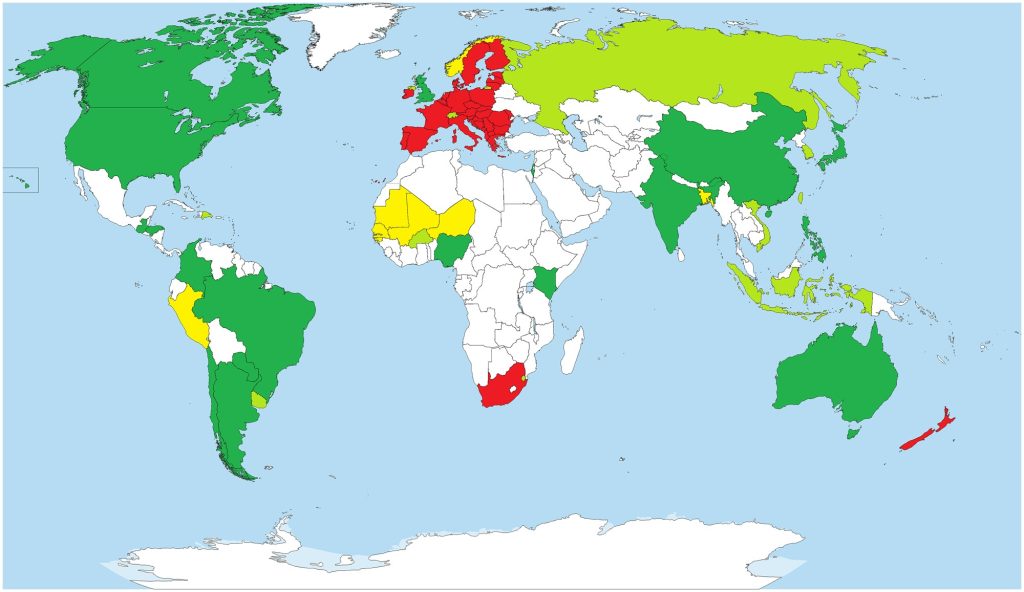
Genome editing: An update on global policies and perceptions
Plant Science Research WeeklyThe CRISPR/Cas system has become a popular genome editing (GEd) method in animals and plants, which allows very fine alterations in target genes and avoids the concerns that accompany introducing genes from other organisms. To improve food security and accelerate breeding. this technology has been applied…

A research road map for responsible use of agricultural nitrogen (Front. Sustain. Food Syst.)
Plant Science Research WeeklyRecently, the UN Environment Programme identified excessive reactive nitrogen (N) resulting from anthropogenic activity as one of the five emerging threats facing our planet. Much of this derives from agricultural practices in which N fertilizers are inefficiently applied to crops, a significant proportion…
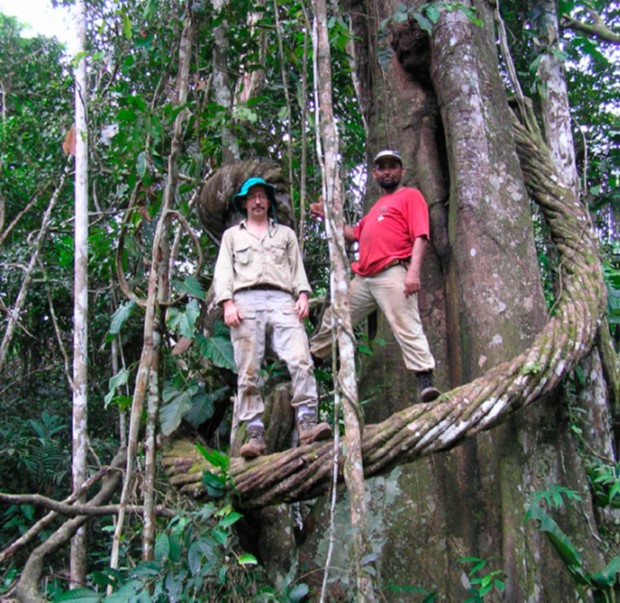
Opinion. We have been in lockdown, but deforestation has not (Proc. Natl. Acad. Sci. USA)
Plant Science Research WeeklyDouglas Daly is the B. A. Krukoff Curator of Amazonian Botany, Institute of Systematic Botany at the New York Botanic Garden, and a specialist in tropical tree systematics and the flora of the Amazon region. In this Opinion article, he reflects on how he and other field-based botanists have kept their…
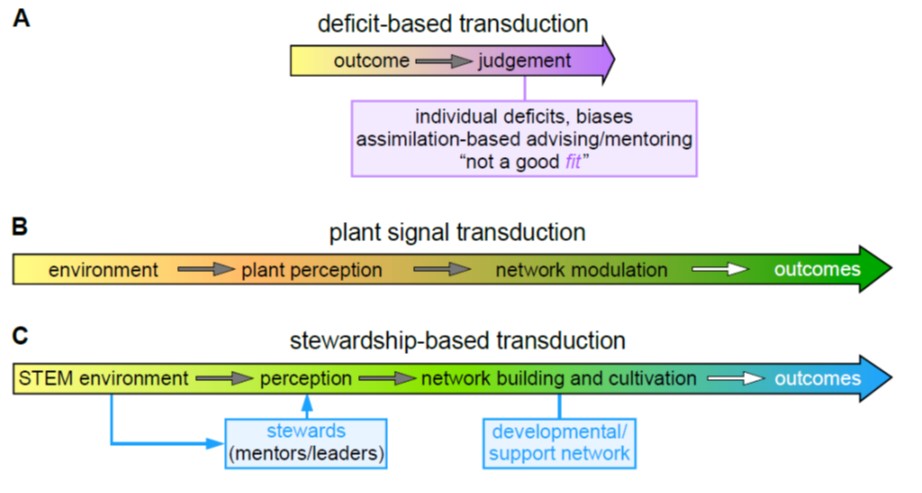
Letter. Planting equity: Using what we know to cultivate growth as a plant biology community (Plant Cell)
Plant Science Research WeeklyCOVID-19 has derailed everyone’s lives and plans; 2020 is truly an “annus horribilis.” Yet clearly this pandemic has hit some harder than others. Note for example the greatly disproportionate mortality in Black and Indigenous populations, which surely contributed to the outpouring of outrage following…
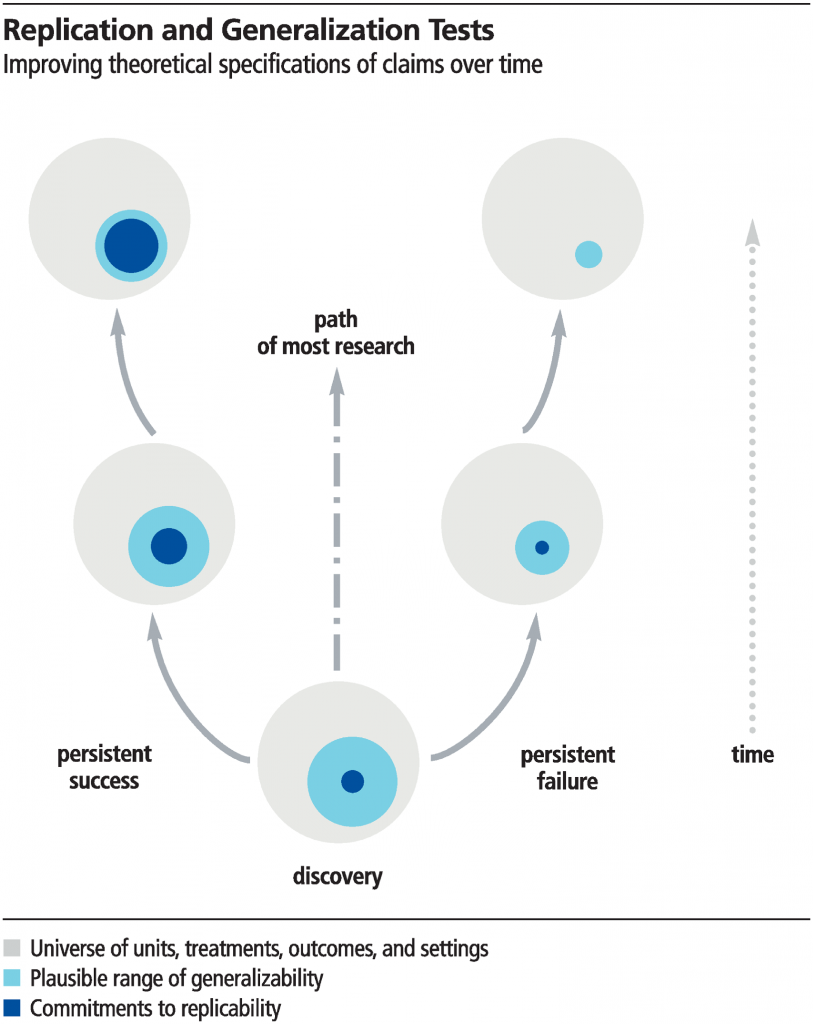
Perspective: What is replication? (PLOS Biol)
Plant Science Research WeeklyThis is an interesting paper and certainly one to share with students. Nosek and Errington argue that how we usually think of as “replication”, repeating a study and observing the same results, is incorrect. Instead, they argue for abroader definition of replication, as something that supports the…

Introducing plant biology graduate students to a culture of mental well‐being (Plant Direct)
Plant Science Research WeeklyGraduate studies are challenging times, fraught with uncertainty and stress. Dewa et al. addressed this problem head on by developing a required, credited course for first-year graduate students, “Tools for Becoming a Successful Professional and for Enhancing Your Well‐Being and Work Environment”.…

